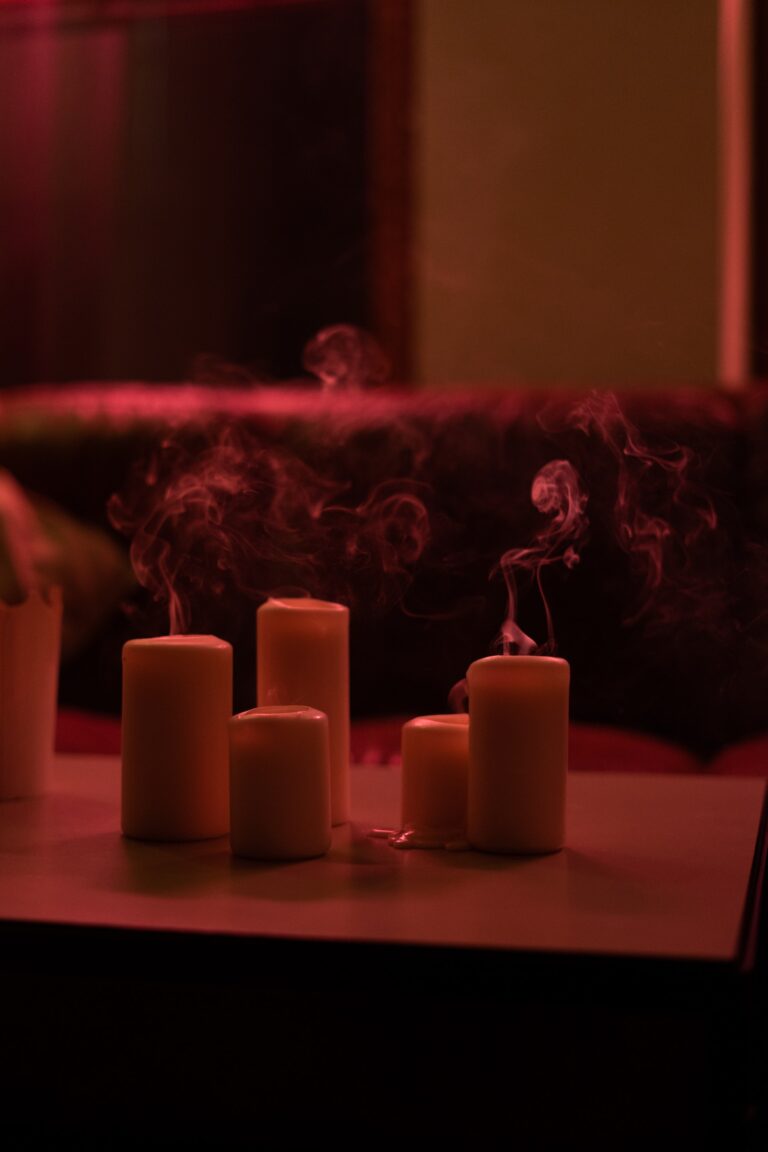Is Prostitution Legal in Brazil?
In Brazil, prostitution is considered legal for individuals who are 18 years old and above. This means that selling sexual services is allowed, as long as it is done individually and not organized by a third party. However, activities such as pimping, operating brothels, and trafficking are considered illegal and punishable under Brazilian law.
What are the Laws, Penalties, and Law Enforcement Procedures?
Although prostitution itself is legal in Brazil, there are several activities related to it that are considered illegal. Some of these activities include:
- Pimping (Article 230 of the Brazilian Penal Code)
- Operating a brothel (Article 229 of the Brazilian Penal Code)
- Sexual exploitation of minors (Article 218-B of the Brazilian Penal Code)
- Human trafficking for sexual exploitation (Article 231 of the Brazilian Penal Code)
Penalties for these illegal activities can range from imprisonment to hefty fines. Law enforcement procedures include investigations, arrests, and prosecutions of individuals involved in these illegal activities. The Brazilian government has also implemented various initiatives to combat human trafficking and sexual exploitation, such as awareness campaigns and cooperation with international organizations.
How is Prostitution Referred to Locally in Brazil?
In Brazil, prostitution is often referred to as programa, which translates to program or schedule in English. The term is used to describe the arrangement between a client and a sex worker, as well as the act itself. Sex workers are sometimes called garotas de programa (program girls) or acompanhantes (escorts).
What is the History of Prostitution in Brazil?
Prostitution has been present in Brazil since the country’s early colonial period. During the 19th century, the Brazilian government sought to regulate the sex trade by implementing laws and policies aimed at controlling the spread of sexually transmitted diseases. However, these efforts were largely unsuccessful, and prostitution continued to flourish in the country.
In the early 20th century, the Brazilian government adopted a more repressive approach to prostitution, outlawing brothels and punishing those who were involved in the sex trade. This led to a rise in clandestine prostitution and an increase in the exploitation of sex workers. Over the years, Brazil has shifted its approach to prostitution, eventually decriminalizing the act itself while maintaining strict laws against related activities such as pimping and human trafficking.
How do Government Laws and Links Impact Prostitution in Brazil?
The legal status of prostitution in Brazil has both positive and negative impacts on the sex trade and the lives of sex workers. On one hand, the decriminalization of prostitution allows sex workers to operate without fear of criminal prosecution, which can lead to better working conditions and access to health services. Additionally, the Brazilian government has implemented various programs aimed at improving the lives of sex workers, such as offering professional training courses and encouraging the formation of sex worker associations.
On the other hand, the illegal nature of activities related to prostitution, such as pimping and brothel-keeping, can make it difficult for sex workers to operate safely and independently. This can lead to increased exploitation, violence, and stigmatization. Furthermore, despite efforts to combat human trafficking and sexual exploitation, Brazil remains a source, transit, and destination country for trafficking victims.
In conclusion, while prostitution itself is legal in Brazil, the surrounding laws and regulations can create a complex and often dangerous environment for sex workers. Efforts to improve the lives of sex workers and combat illegal activities related to the sex trade must continue to be a priority for the Brazilian government and society as a whole.
